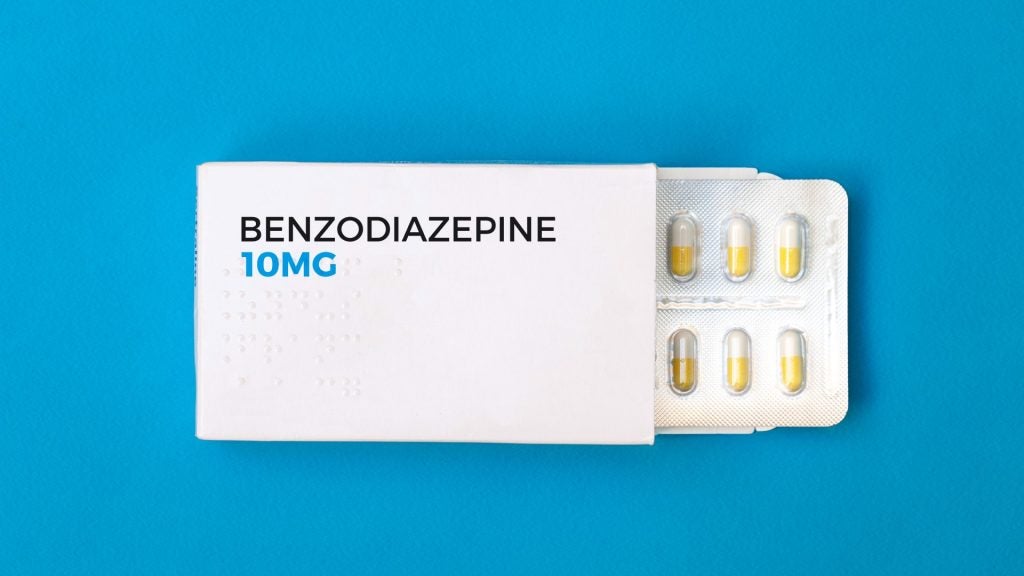
Hasten Biopharmaceutical has signed an agreement to acquire the rights for the development and commercialisation of LIB Therapeutics’ cardiovascular disease (CVD) drug lerodalcibep in Greater China.
Lerodalcibep is a PCSK9 inhibitor intended for treating patients who have greater CVD risk.
It is being developed to possibly address the limitations of existing low-density lipoprotein (LDL-C) reducing therapies for treating and preventing CVD.
The territories covered under the deal include the Chinese mainland, Hong Kong, Macau and Taiwan.
According to the deal, LIB is eligible to receive $20m (145.74m yuan) in upfront payments from Hasten.
LIB will also receive milestone payments worth up to $305m on meeting specific clinical, regulatory and commercial goals in the future.
How well do you really know your competitors?
Access the most comprehensive Company Profiles on the market, powered by GlobalData. Save hours of research. Gain competitive edge.

Thank you!
Your download email will arrive shortly
Not ready to buy yet? Download a free sample
We are confident about the unique quality of our Company Profiles. However, we want you to make the most beneficial decision for your business, so we offer a free sample that you can download by submitting the below form
By GlobalDataBased on net product sales in Greater China, LIB will also receive royalty payments.
Hasten will oversee the clinical development, regulatory and marketing activities of lerodalcibep in Greater China.
The company also plans to file an investigational new drug application with the China National Medical Products Administration at the end of this year.
Hasten will subsequently commence Phase III clinical trials of lerodalcibep to treat hypercholesterolemia patients in Greater China.
LIB Therapeutics chief operating and chief scientific officer Evan Stein said: “We believe that Hasten, and their experienced, knowledgeable and motivated team of pharma professionals, is the optimal partner to bring our third-generation PCSK9 inhibitor, lerodalcibep, to the large and growing Chinese population with very-high and high risk for CVD, who need substantial additional LDL-cholesterol reductions, despite statin therapy.”







